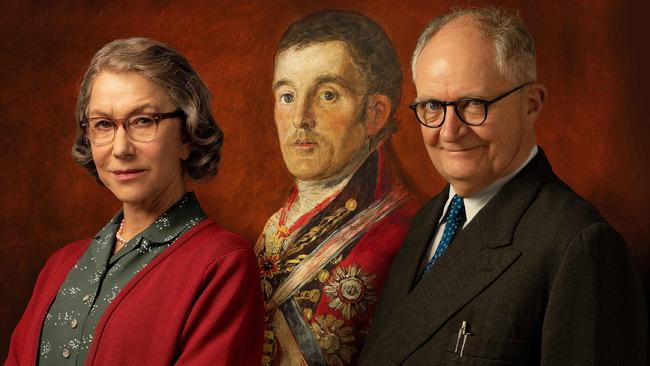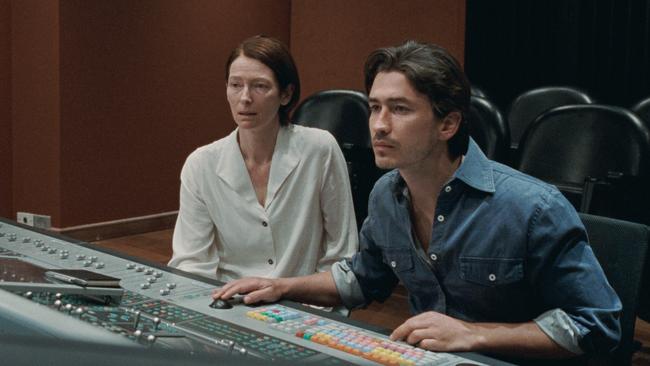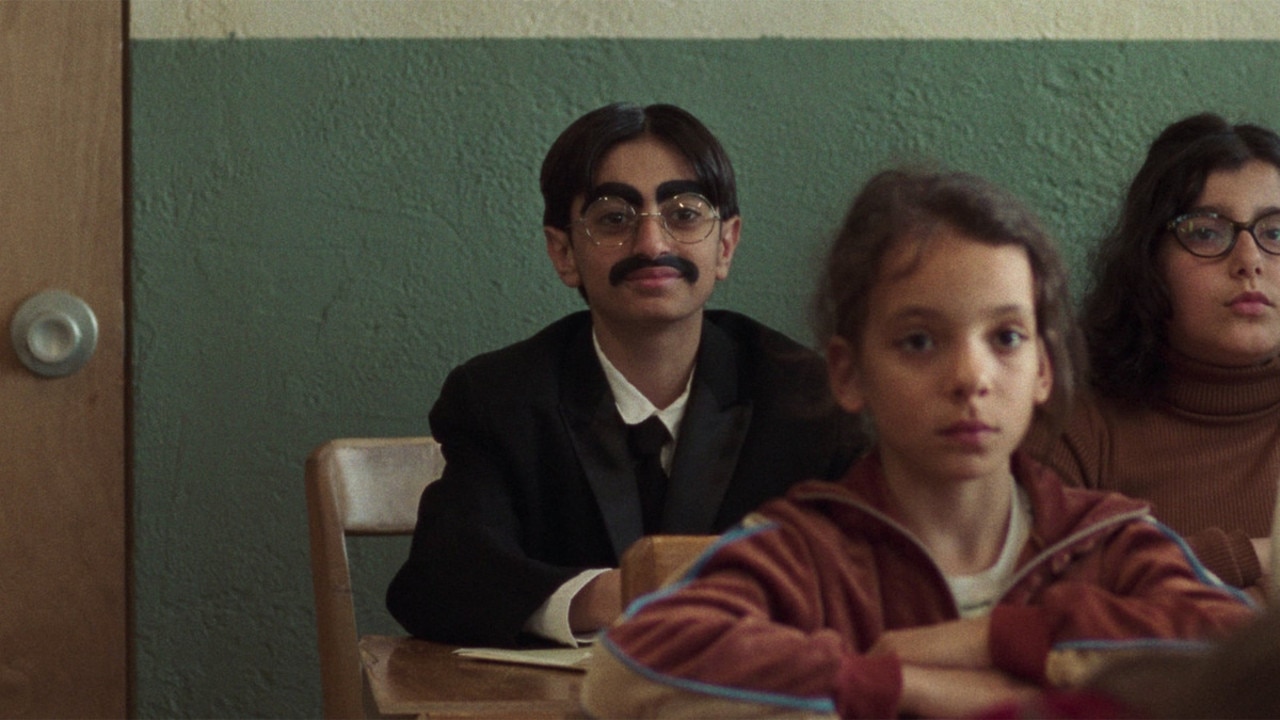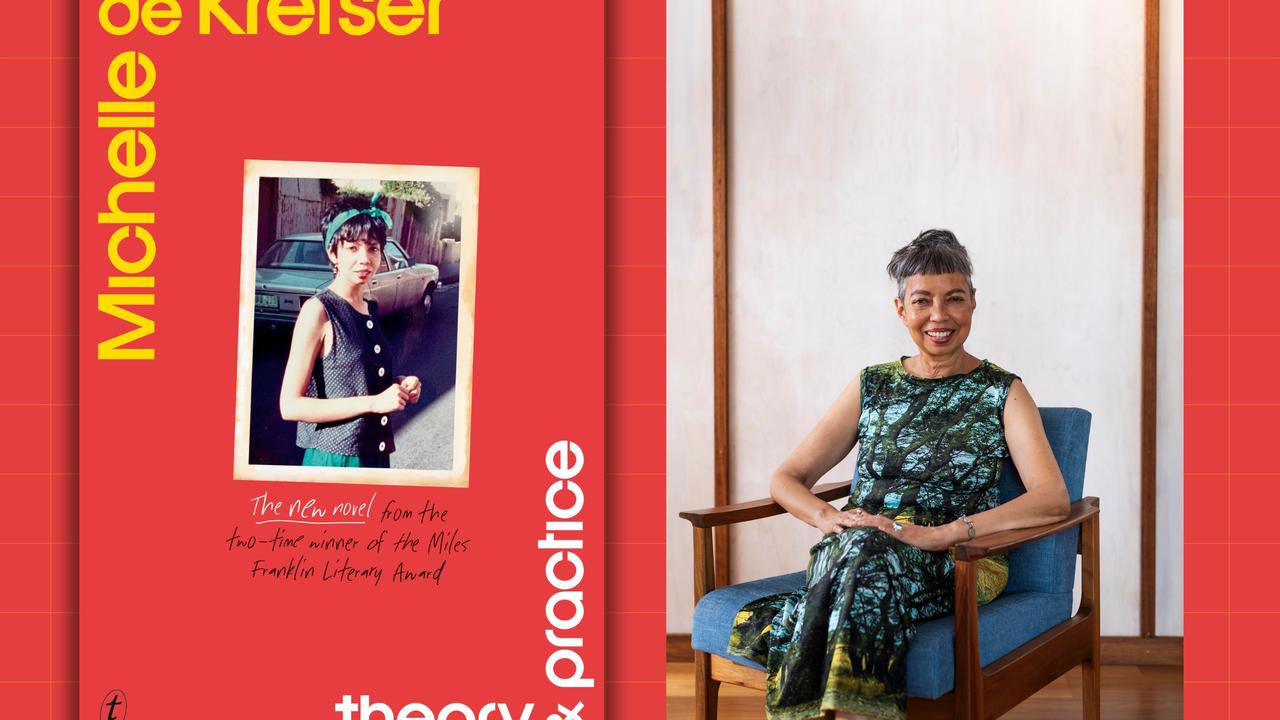The Duke, Jim Broadbent and Helen Mirren bring ripe sense of humour
Jim Broadbent and Helen Mirren bring a ripe sense of humour to this art theft film with a Robin Hood twist.

The Duke (M)
In cinemas
★★★★
Isaw the first James Bond movie, Dr. No, at a cinema in a small town in Wiltshire, Britain, one evening in October 1962. One of the high points in a very entertaining confection came when Sean Connery’s 007 finally reached the villain’s lair and there, prominently displayed, was the portrait of the Duke of Wellington by Francisco Goya that had been stolen from the National Gallery on August 21, 1961, and Connery’s double-take on seeing it in Dr. No’s lair brought the house down.
The story of the theft of the Duke of Wellington portrait has finally come to the screen in The Duke, which is the sort of film at which British cinema in its post-war heyday used to excel; a film about a crime told with style and a ripe sense of humour. The central character here is the wonderfully named Kempton Bunton, and he’s played with ineffable charm and a cheeky sense of the absurd by the always excellent Jim Broadbent. Bunton was an eccentric and unsuccessful playwright and radical who lived in a cramped, slightly rundown house in the northern city of Newcastle with his wife, Dorothy (Helen Mirren lending sublime support) and their son, Jackie (Fionn Whitehead). They had a daughter, but she had been killed in 1948 when she fell from her bicycle, and Dorothy still blames Kempton, who had given her the bike, though she will never talk to him about it.
Kempton works as a taxi driver and is involved in various political campaigns that obsess him, the latest being the issue of compulsory television licences. He doesn’t see why he should have to pay the licence because he can’t get BBC television, and he doesn’t see why old-age pensioners should be forced to pay the fee either. He has started a petition, but hasn’t thus far attracted much support for his campaign.
On a trip to London to appeal to the government (a predictably hopeless initiative) he sees a newspaper headline announcing the National Gallery has acquired the Goya for £140,000 (“they care more about art than charity”, he fumes) this cranky 60-year-old somehow manages to break into the National Gallery, steal the Goya, and bring it back to Newcastle where he hides it in the cupboard in the spare bedroom. This extraordinary act of bravado is, for reasons that become clearer later, almost a throwaway moment in the film. Apparently seeing himself as a sort of modern-day Robin Hood, he then writes to the Daily Mirror – back then known as the workers’ newspaper – to make demands for the return of the painting, not to benefit himself but in support of his campaigns.
It’s no secret that the case eventually winds up in the Old Bailey where Kempton’s unorthodox defence counsel, Jeremy Hutchinson (Matthew Goode), who was at the time married to actor Peggy Ashcroft, handles his case with flair. The courtroom scenes are at times hilarious in their improbability.
Broadbent and Mirren are in impeccable form, and the film is very smoothly directed by Roger Michell. If I have a criticism it’s that Mike Eley’s cinematography continues the cliche that everything in England was brown and drab in the late ’50s and early ’60s; I don’t remember it like that at all.
This, sadly, was the final film from the director of Notting Hill (1999), Venus (2006) and the wonderful documentary Tea with the Dames (2018); Michell died in September last year, but with The Duke he left behind one of his best and unquestionably most entertaining films.
-
Memoria (PG)
In cinemas
★★★½
Thai director Apichatpong Weerasethakul has made a handful of minimalist, slowly evolving films that evoke tradition, the supernatural and memory. They have found a supportive audience on the international film festival circuit, where Uncle Boonmee Who Can Recall His Past Lives won the Palme d’Or at Cannes in 2010, but wider distribution has been limited doubtless because of the challenges to be faced with this kind of very personal, very challenging material.
Perhaps his latest, Memoria, which he made not in Thailand but in Colombia, is now appearing in cinemas because it stars a name actor, the always impressive Tilda Swinton. Whatever the reason, the release affords bold Australian cinemagoers a chance to experience the work of a very original and uncompromising filmmaker.
Swinton plays Jessica, an English botanist, who has come to the city of Medellin partly to visit her sick sister, Karen (Agnes Brekke), who is hospitalised there, and partly to investigate ways in which orchids – her specialty – are being refrigerated locally. She is staying in an apartment and the film opens – literally – with a bang: a sudden retort that wakens and disturbs her. More bangs follow (and will be heard throughout the lengthy film) and they begin to obsess her. What is causing them?
She seeks help from Hernan (Juan Pablo Urrego), a sound engineer who works for film and television companies. He tries to replicate the sound for her, which she describes as “like a big ball of concrete falling into a metal well”, using movie sound effects. The pair become friends, and Hernan escorts Jessica to the factory where special fridges are made for the flowers; he also offers to drive her to a village two hours away from the city where they are being put to use. But then he disappears.

What has happened? Where has he gone? At his workplace they claim not to know him. At this point the film seems to be developing as an unusual mystery, maybe with connections to the Antonioni classic L’avventura (1961). Jessica drives to the village herself, and there, beside a fast-flowing stream, she encounters another man called Hernan (Daniel Gimenez). This man is older, a recluse and a mystic who claims to remember his own birth.
Weerasethakul is very fond of long, long takes using a stationary camera during which nothing very much seems to happen. He also takes his time to include peripheral scenes that don’t appear on the surface to have much connection with the main – very slight – storyline, not that it matters a great deal. There’s a dinner in a restaurant with Karen and her husband – where those noisy bangs are still being heard. There are scenes in which Jessica walks down crowded streets in the city – and here the camera does move as it tracks alongside her. There’s a visit to a laboratory containing ancient skeletons. There’s a scene in which a jazz quartet performs for enthusiastic onlookers. There are stormy skies and even what appears to be a spacecraft that lurches into the heavens – goodness only knows what that was about.
The film, co-winner of the Special Jury Prize at Cannes last year – is nothing if not original, but it’s also indulgent and very much bound up in its own curious concerns.
Swinton, speaking in Spanish for much of the time, is always a commanding presence, and the film, intriguing, maddening, beautiful, often boring is assuredly like no other movie around at the moment.
-
Carbon: The Unauthorised Biography (G)
In cinemas
★★★★
A documentary co-production between Australia and Canada, Carbon: The Unauthorised Biography is a film that sets out to explain in basic terms everything you need to know about carbon. Occasionally utilising animation, the film seeks to personalise the element, with all of the talking head scientists filmed on camera referring to carbon as “she”. In addition, carbon herself narrates the film, with the voice of the redoubtable Sarah Snook (“You think you know me, but do you?”)
We learn about the source of carbon from dying stars and that one-fifth of our bodies contain the element. “Without me, life would not exist,” proclaims Snook. But “it’s the way we have been using carbon that is causing the problem”, and the result poses a challenge for us and for future generations.
Directors Daniella Ortega and Niobe Thompson have made a sobering, instructive, at times amusing, at times chilling, film. I would like to think that it will be widely seen.




To join the conversation, please log in. Don't have an account? Register
Join the conversation, you are commenting as Logout